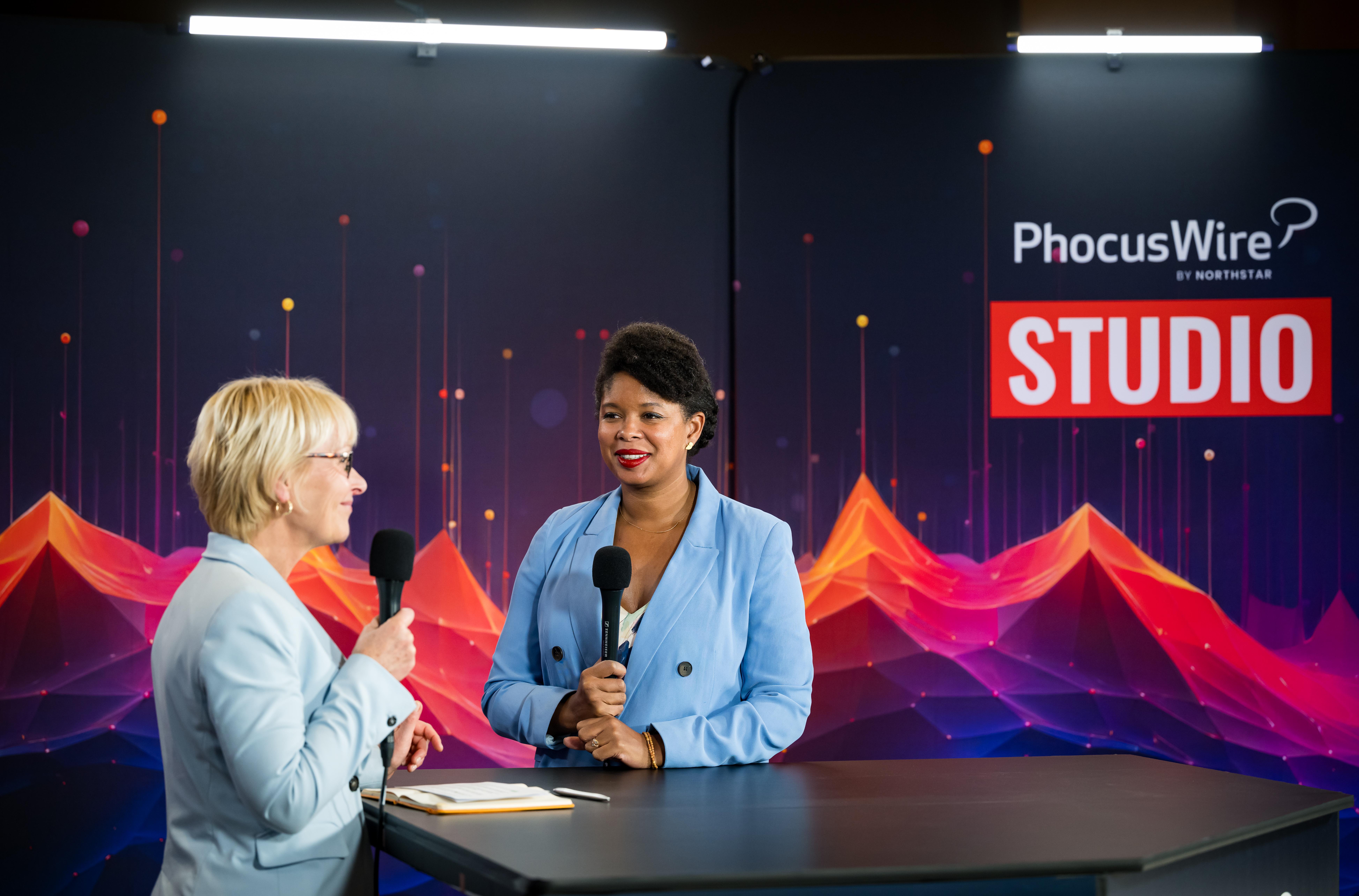There was also the ongoing debate of whether Perplexity Pro, Search GPT, TikTok Search, Bing et al will challenge Google¡¯s supremacy in search. While Google¡¯s future remains bright (despite regulatory efforts to break up parent Alphabet), there is no doubt that the top of the funnel is being splintered by an array of new and interesting players that are embedded in our devices and habits. ¡°All these AI tools, they are shifting away traffic from search, from Google especially to places where there is no clear business model,¡± said Pablo Delgado, CEO of Mirai. He believes ChatGPT and others will have to monetize to remain viable. He also thinks Google is under threat not just from AI but from demographics ¨C ¡°Google doesn¡¯t exist¡± in the world of his 14-year-old daughter, who relies more on snapchat, Instagram, TikTok, and YouTube. Kristen Dalton, president of Tripadvisor, said the good news for them is how generative search opens opportunities for long form content. ¡°They [Google] are constantly going to be there, but I think this moment opens up opportunity for others,¡± added Noreen Henry, chief revenue officer of Sojern.


Everyone did agree there is no way of knowing how the future of AI will play out, especially in this uncertain environment where everyone is experimenting and testing. ¡°We don¡¯t know what the world will look like in a year,¡± said Blachford, which makes it extra difficult to spot winning investments. It¡¯s a ¡°dangerous time for entrepreneurs¡± who are stuck and can¡¯t pivot quickly, added Hemmeter. The winners will need staying power but also know when it¡¯s time to shift strategies. But sitting on the sidelines is not an option, especially since tools are readily available and relatively easy to use. ¡°It¡¯s not the right time to put your head in the sand,¡± Blachford warned. Once the landscape is clearer, funding dollars will flow again, so be ready.
What¡¯s real right now? Many speakers agreed that cost savings from AI are evident, especially in service delivery. Singh sees ¡°massive change in corporate travel management,¡° adding there¡¯s an opportunity with modern technology to take the existing cost structure and cut it in half. He predicts that in 10 years, the exact same number of travel counselors will service ¡°two to three times the number of customers.¡± Future TMCs that are built on AI native services will be more efficient, but not exclusive to any one channel or device. ¡°I don¡¯t think there is a world in which the TMC goes away,¡± said Singh, adding that chat, AI conversational interfaces, phone conversations and app messaging will all coexist based on travelers¡¯ needs.